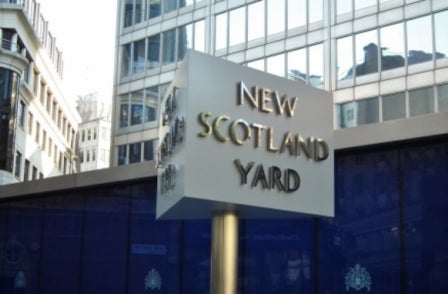
Sky News has won a test case in the Supreme Court dismissing a request by the Metropolitan Police to hand over journalistic material to help with a criminal investigation.
The court ruled today that any judge dealing with a police request to obtain material from a news organisation or journalist must not hear any of the evidence in secret.
The case arose after the Metropolitan Police arrested two army officers in March 2011 on suspicion of breaching the Official Secrets Act 1989 by having leaked top secret information from meetings of the COBRA Cabinet security committee to Sky News security editor, Sam Kiley.
The investigation has since been dropped, and the officers have been told that no action is to be taken against them.
But after arresting the pair, police told Sky News that they were mounting a criminal investigation and sought disclosure of various documents, including copies of all e-mails between Kiley and the two officers since October 2010.
In April 2011 the police sought a production order under the Police and Criminal Evidence Act. The application was heard at the Old Bailey and during the hearing the judge agreed to hear further evidence from the police in secret, with BSkyB and its lawyers excluded.
Sky sought a judicial review of the decision to grant a production order, on the grounds that the procedure adopted at the hearing was unlawful, and that in any event there was an insufficient basis for the order to be made.
The Supreme Court today rejected the Metropolitan Police Commissioner's appeal against the decision to overturn the production order.
Lord Toulson in the Supreme Court said that it was not permissible for the judge to adopt the procedure he had used.
He said in the ruling: "Compulsory disclosure of journalistic material is a highly sensitive and potentially difficult area. It is likely to involve questions of the journalist's substantive rights."
Email pged@pressgazette.co.uk to point out mistakes, provide story tips or send in a letter for publication on our "Letters Page" blog
